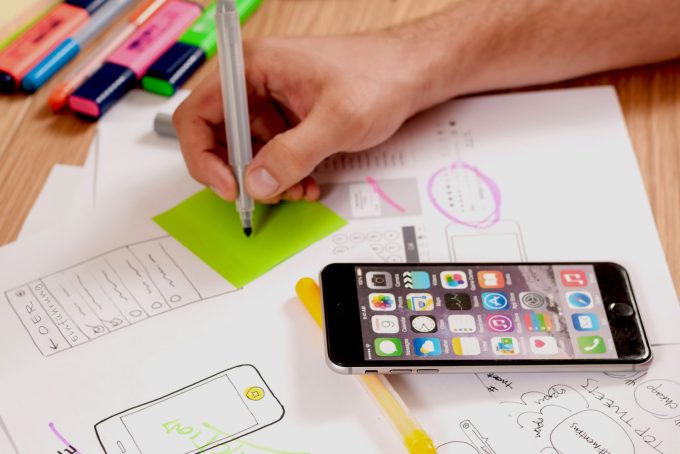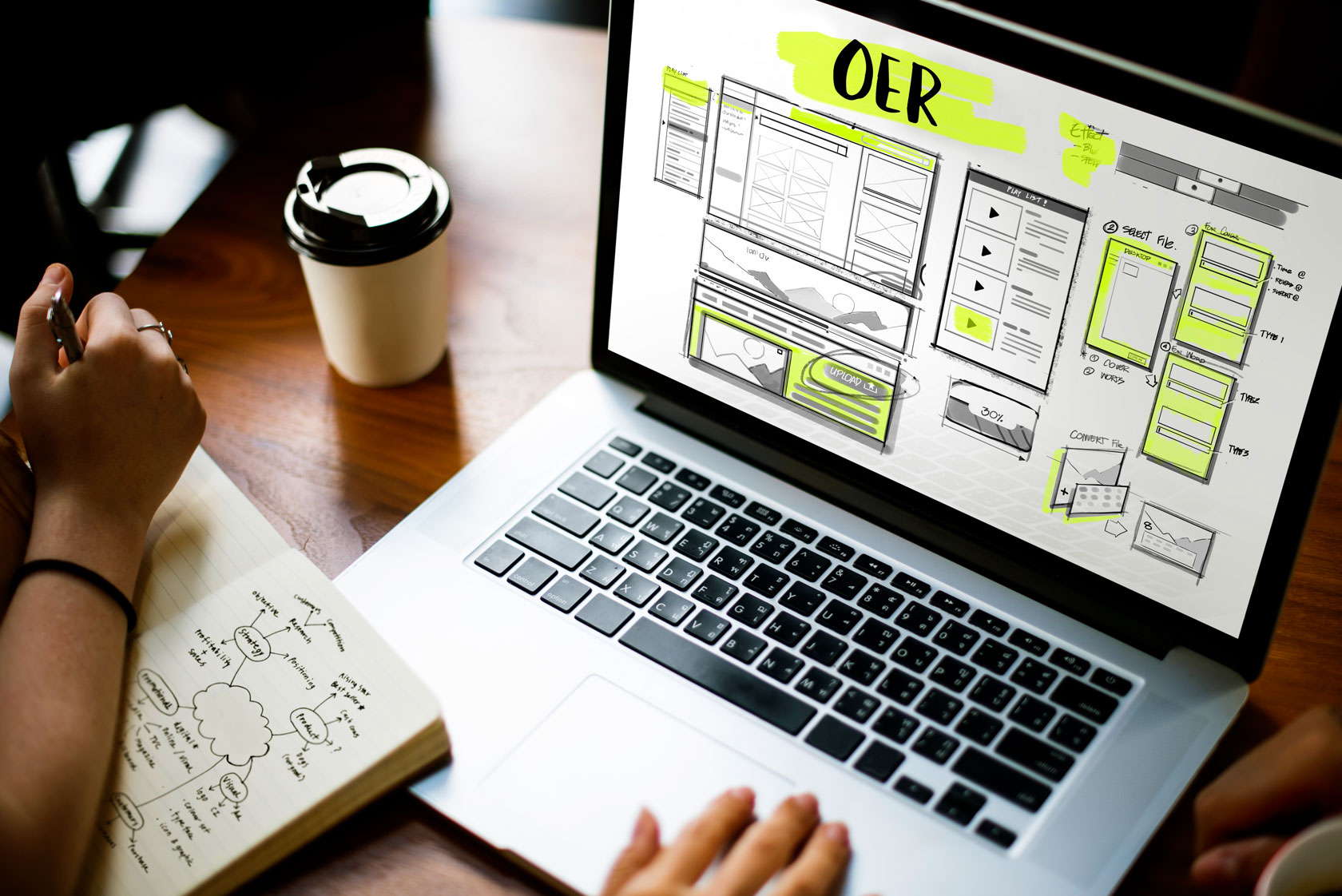
Open Educational Resources: Getting Started in OER in the User Services – Best Practice from the ZBW
The greatest hurdle was the following decision: When is the draft good enough to go online? The perfectionism of librarians and Open Educational Resources would seem to be mutually contradictory rather than complementary. In this guest article, Nicole Clasen and Carola Ziebart report how the team from ZBW user services nevertheless succeeded in compiling a first Open Educational Resource.
by Nicole Clasen and Carola Ziebart
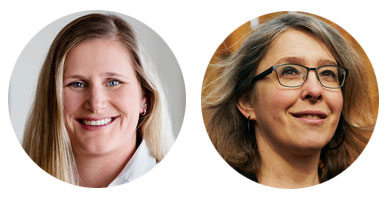
Status quo of Open Educational Resources in Germany
Open Educational Resources (OER) are an important element in the transition of science towards Open Science. The UNESCO defines them as “teaching, learning and research materials in any medium – digital or otherwise – that reside in the public domain or have been released under an open license that permits no-cost access, use, adaptation and redistribution by others with no or limited restrictions”. In its Sustainable Development Goals for 2030, the United Nations Organisation describes under point 4, „Quality Education”, the tasks of sustainable and fair education and training. Open teaching and learning materials make these calls for free-of-charge, freely available information programmes possible, and offer good opportunities for implementing the Agenda 2030, even outside the primary education sector.
“Open Educational Resources (OER) are teaching, learning and research materials in any medium – digital or otherwise – that reside in the public domain or have been released under an open license that permits no-cost access, use, adaptation and redistribution by others with no or limited restrictions”
– UNESCO publishes new definition of OER
The dissemination of Open Educational Resources in Germany is low, however, as was already shown in 2015 in the study “Open Educational Resources in Germany: development status and perspectives (German) and was again made evident in the second UNESCO World Congress on OER (PDF). The essential features of Open Educational Resources – sharing, reuse and further development (German, PDF) – are not yet established as standard in German higher education institutions.
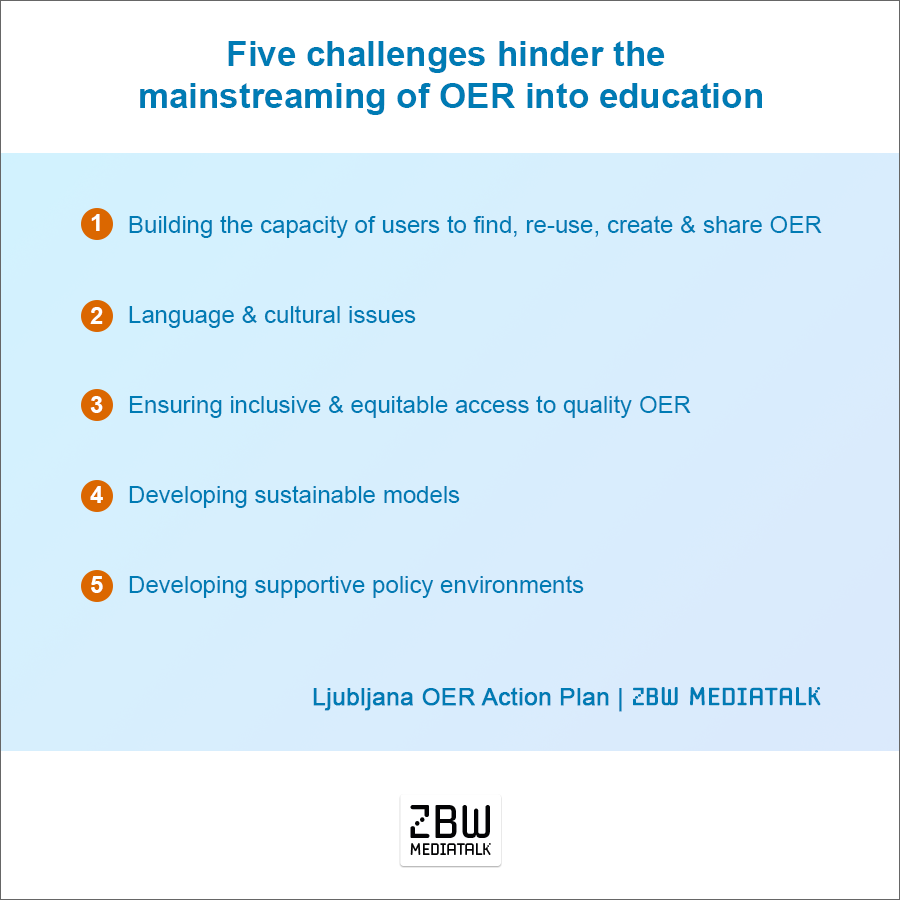
Five challenges hinder the mainstreaming of OER into education
Second UNESCO World Congress on OER
Knowledge about how to produce OER and its challenges is however also essential so that library users can be advised competently. The challenges include reusable licensing, copyright and finding the right tools for the planned OER project. By checking the individual service programmes for OER compatibility, and creating space and programmes for OER in both their analogue and their digital teaching and learning location, libraries can additionally support the dissemination and better use of OER.
First OER project at the ZBW: just do it
For these reasons, Open Educational Resources should be a fixed element of the user services at the ZBW – Leibniz Information Centre for Economics . We therefore decided that the best way to get started in this new topic for us was to implement an OER project in practice. How otherwise could we competently advise students and researchers if we had never been involved ourselves with free licenses or searching for Open Educational Resources and their platforms?
We received regular enquiries as to why this or that was not possible in the context of international inter-library loan and document delivery. Up to now these questions have been asked and answered by email. The topic thus required a lot of explaining. We wanted to change this and communicate the topic proactively in the future, so that it could also be explained and shared among international libraries. Colleagues in the ZBW document delivery department saw H5P as offering a good opportunity to explain the complexity of German copyright law and its consequences for international inter-library loan to international colleagues in a light-hearted yet concise way.
H5P is a free software programme for creating interactive content and exercises. Thanks to the diverse, interactive possibilities it offers, it provides an excellent and light-hearted way to get started in Open Educational Resources. The basic version of H5P is accessible free-of-charge, and content created with it can be re-used.
Communicating knowledge in a light-hearted way: the quiz
The colleagues began by selecting a suitable H5P component for the knowledge transfer intended. The desired blend of explanatory slides and infotainment seemed to be provided by the component “Course Presentation“. Part 1 of the Open Educational Resource created explains the different aspects of German copyright law and its significance for inter-library loan. These include details such as the permissible percentage of 10 per cent of a work that may be copied from the work at most, the definition of ‘public domain’, and the information that the sending of PDFs is not permitted. Following this, in part 2 the knowledge communicated was tested in a quiz.
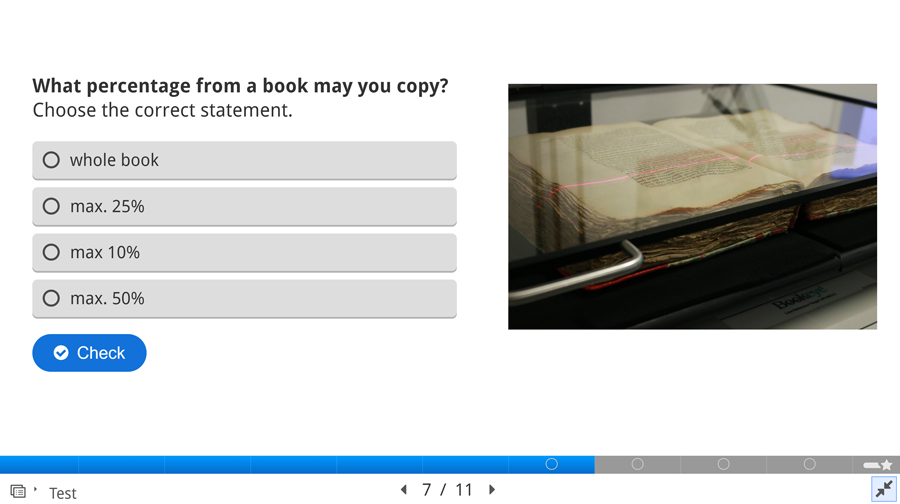
Part 2 – a Quiz
The approach selected, which made it easier for the team to get started in Open Educational Resources through a familiar territory such as inter-library loan, was successful. All colleagues have expertise and many years of experience in the field. This means that they were able to concentrate fully on developing the H5P slides, selecting license-compliant photos and creating suitable metadata. And that was exciting enough for the start. But the greatest hurdle was the following decision: When is the draft good enough to go online? The perfectionism of librarians and Open Educational Resources would seem to be mutually contradictory rather than complementary.
The H5P quiz on German copyright law in international inter-library loan aroused the enthusiasm of our colleagues who then directly developed a sequel: an explanation of the electronic reading room.
Everyone has to do it: in-house further training on OER
Following these initial experiences, we plan to integrate the insights gained regarding Open Educational Resources permanently into user services and make them available for all colleagues. To this end, our department has initiated the in-house training series “OER for information specialists”. Practical and modular in conception, it provides all employees of the user services with insights into the OER entry topics of licensing, searching for public domain material, and data and media literacy. Additionally, open-source software is presented and tested. All lecturers are departmental colleagues who have familiarised themselves with individual tools in advance.
The first steps towards Open Educational Resources have been taken. The training programme in particular offers potential for further use-based projects and facilitates access to shared knowledge.
Our tips for OER newcomers
To get started successfully with OER, we would recommend taking part in the appropriate workshops and online training courses. There are many offers for this. Then you can see which of the OER platforms fit your library or topic.
This might also interest you:
- Making it easy – Open Educational Resources for Information Specialists (PDF, German)
- Sharing in university teaching – new normality? (PDF, German)
- OER – Do It Yourself (PDF, German)
- OER directories and services (German)
- OERinfo | Informationsstelle Open Educational Resources (German)
- UNESCO publishes new definition of OER
- Ljubljana OER Action Plan: Second UNESCO World OER Congress (PDF)
- United Nations 2030 Agenda for Sustainable Development, Point 4 “Quality Education”
- Open Educational Resources in Germany: State of Development and Perspectives (German)
- Document delivery at the ZBW
- International Interlibrary Loan & German copyright – A short quiz of the ZBW
- Tips and best practices: How libraries digitise their learning opportunities
This text has been translated from German.
About the authors
Nicole Clasen has been Head of User Services at ZBW – Leibniz Information Centre for Economics. Her work focused on information transfer, digital user services and the usability experience. LinkedIn and Twitter.
Portrait: ZBW©, photographer Sven Wied
Carola Ziebart has been working as a media and information services clerk in the user services department of the ZBW – Leibniz Information Centre for Economics since April 2004. She works in the areas of document delivery, service desk, dunning and loss management and also in the area of data quality and coordination.
Portrait: ZBW©, photographer Sven Wied
View Comments
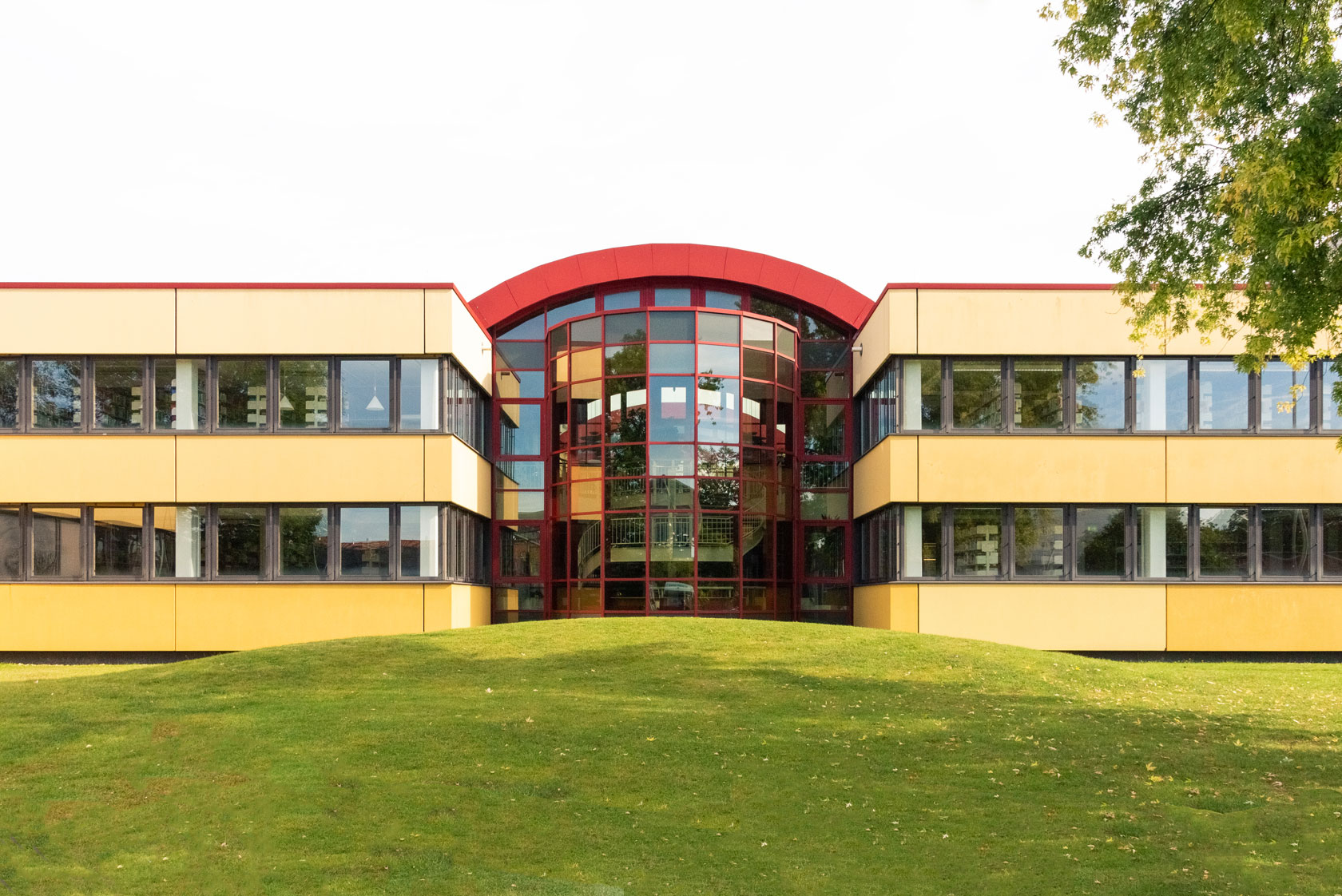
User Experience in Libraries: Insights from the University Library of Hildesheim
The aim of UX is not so much to be a state of affairs but much more to be part of a...

